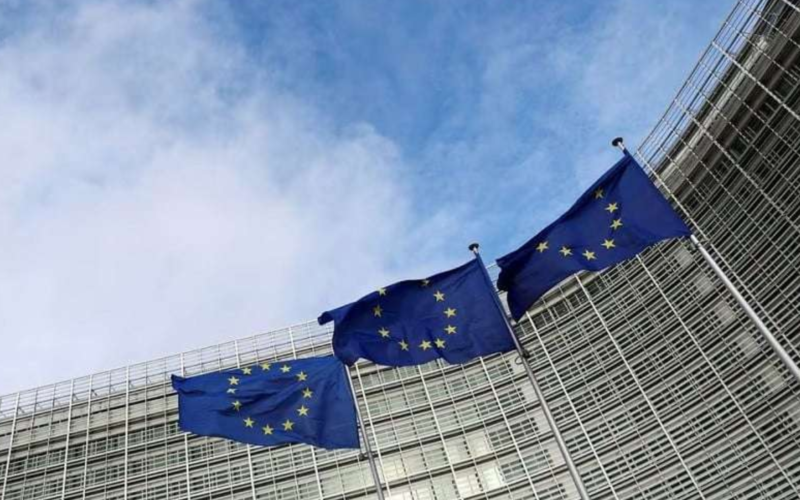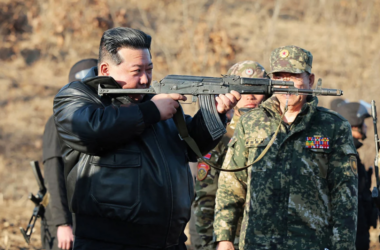In a coordinated effort to address concerns related to regional stability, Italy, France, and Germany have jointly called upon the European Union to implement targeted sanctions against Hamas and its supporters. The foreign ministers of these three nations conveyed their unified stance through a letter addressed to the EU’s Foreign Policy Chief, Josep Borrell.
The collaborative appeal underscores the shared apprehensions of Italy, France, and Germany regarding the activities of Hamas and affiliated entities. The letter, a diplomatic initiative of considerable significance, outlines the specific reasons behind the call for ad hoc sanctions and seeks a cohesive response from the European Union.
Within the correspondence, the foreign ministers articulate their concerns about the role played by Hamas in activities that are perceived as detrimental to regional peace and security. The call for sanctions is framed as a strategic move to curtail the influence and activities of the organization and its supporters, thereby promoting a more stable geopolitical environment.
This joint effort highlights the commitment of Italy, France, and Germany to a unified European response to regional challenges. By addressing the issue collectively, these nations aim to reinforce the EU’s stance on matters of international importance and strengthen the Union’s ability to respond effectively to emerging geopolitical concerns.
The call for ad hoc sanctions against Hamas and its supporters reflects a diplomatic approach to addressing security concerns, underscoring the significance of international cooperation in tackling complex issues. As the EU considers this proposal, the joint letter serves as a testament to the collaborative spirit among member states in fostering a secure and stable European landscape.
It is essential to note that this information is based on the official communication from the foreign ministers of Italy, France, and Germany. The joint letter serves as a pivotal document outlining the rationale behind the call for sanctions and provides insights into the diplomatic considerations shaping the European response to the activities of Hamas and its associates.
In conclusion, the joint initiative by Italy, France, and Germany to advocate for EU sanctions against Hamas and its supporters is a noteworthy development in European diplomacy. The collaborative effort reflects a commitment to addressing shared security concerns and reinforces the importance of a unified approach in navigating complex geopolitical challenges. As the EU deliberates on this proposal, the diplomatic landscape in the region may witness significant shifts based on the outcome of these deliberations.








